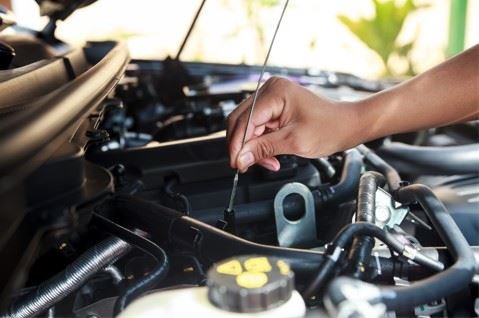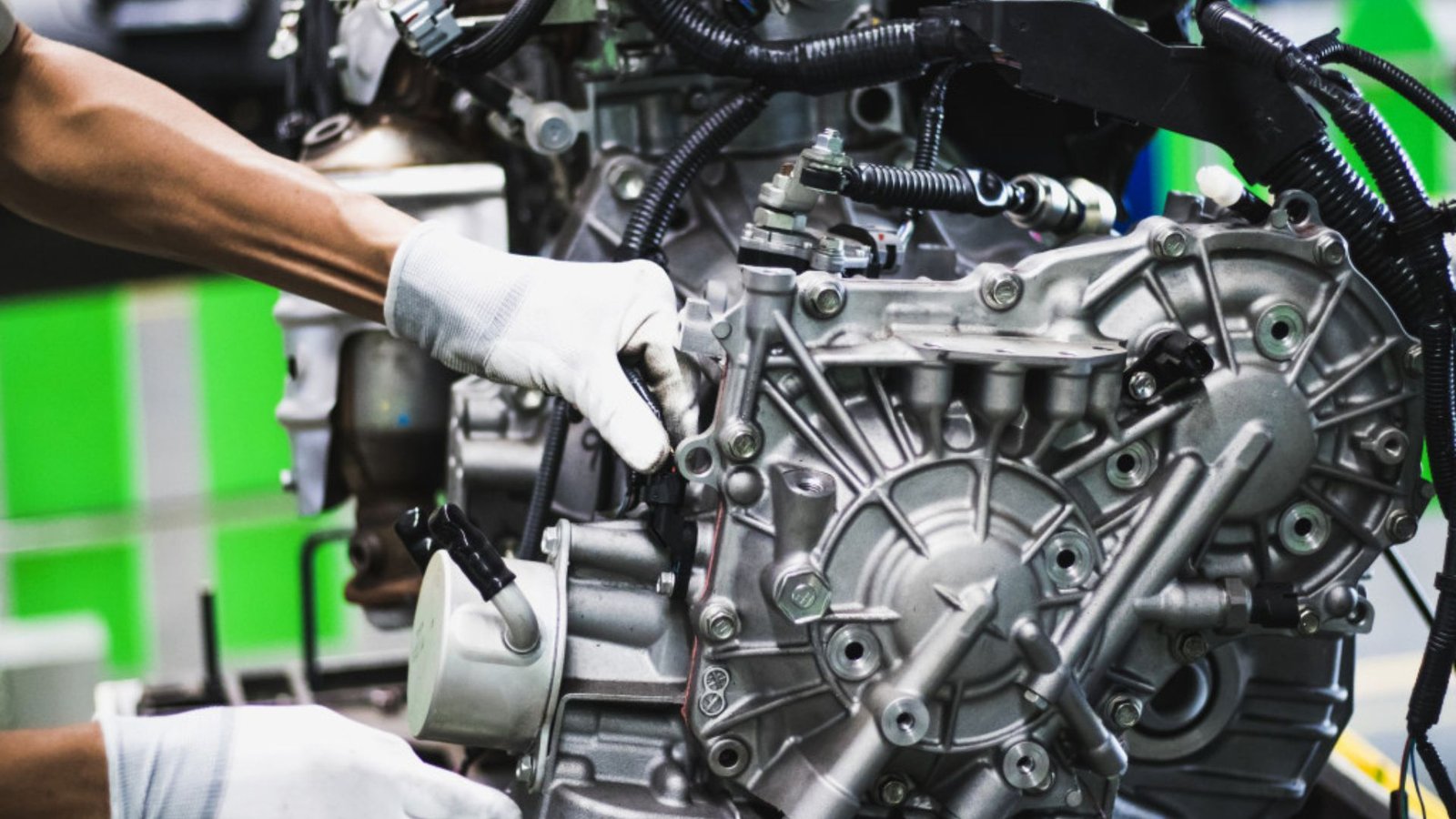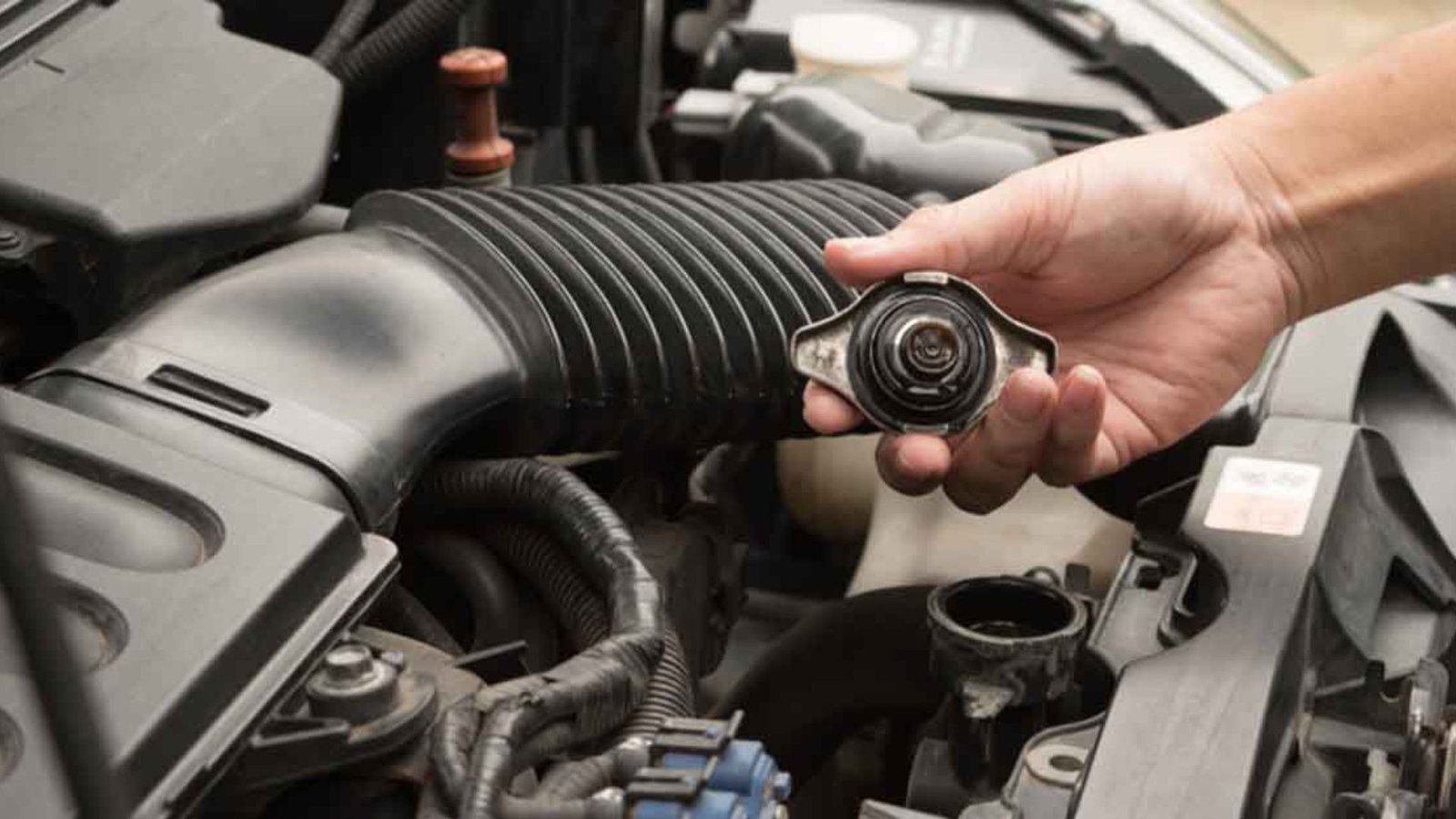Maintaining your engine is crucial for ensuring its longevity and optimal performance. Regular upkeep can prevent costly repairs and keep your vehicle running smoothly. This guide provides essential tips on how to maintain your engine effectively, ensuring it remains in top condition for years to come.
Why It’s Important to Maintain Your Engine
Avoid Costly Repairs
One of the primary reasons to maintain your engine is to avoid costly repairs. Regular maintenance helps identify potential issues before they become major problems. For instance, routine oil changes and filter replacements can prevent engine wear and tear. By addressing small issues early, you can save money on extensive repairs and ensure your engine operates efficiently.
Enhance Performance
Proper engine maintenance also enhances performance. A well-maintained engine runs more smoothly, responds better to acceleration, and offers improved fuel efficiency. Regular checks and servicing ensure that all engine components function optimally, leading to a more enjoyable driving experience.

Key Maintenance Tips
Regular Oil Changes
Changing your oil regularly is one of the most important aspects of how to maintain your engine. Oil lubricates engine parts, reducing friction and preventing overheating. Over time, oil breaks down and becomes less effective, so it’s essential to replace it according to your vehicle’s manufacturer recommendations. Typically, oil changes are required every 3,000 to 5,000 miles, depending on the type of oil used and driving conditions.
Check and Replace Filters
Air and fuel filters play a critical role in engine performance. The air filter prevents dirt and debris from entering the engine, while the fuel filter ensures that only clean fuel reaches the engine components. Over time, these filters can become clogged, reducing efficiency and performance. Regularly checking and replacing filters is an essential part of how to maintain your engine. Typically, air filters should be replaced every 15,000 to 30,000 miles, while fuel filters may need replacement every 20,000 to 40,000 miles.
Monitor Fluid Levels
Keeping an eye on fluid levels is another key aspect of maintaining your engine. Essential fluids include engine oil, coolant, brake fluid, and transmission fluid. Low or dirty fluids can lead to engine overheating, poor performance, and potential damage. Regularly check fluid levels and top them off as needed. Additionally, schedule periodic flushes and replacements of these fluids to ensure optimal engine function.
Inspect Belts and Hoses
Belts and hoses are vital components of your engine’s cooling and power systems. They help regulate engine temperature, operate essential systems, and ensure smooth engine function. Over time, belts and hoses can wear out, become cracked, or develop leaks. Regularly inspect these components for signs of wear and replace them as necessary. This proactive approach is crucial for how to maintain your engine and prevent unexpected breakdowns.
Keep the Engine Clean
A clean engine runs more efficiently and is less prone to overheating. Dirt and debris can accumulate around engine components, affecting performance and potentially causing damage. Regularly cleaning the engine bay, removing debris, and checking for leaks can help maintain your engine’s health. Use a gentle cleaner and avoid direct application of water to electrical components.
Professional Inspections
Schedule Routine Check-Ups
While many maintenance tasks can be performed by yourself, scheduling routine check-ups with a professional mechanic is essential. A qualified mechanic can perform comprehensive inspections, identify potential issues, and offer expert advice on how to maintain your engine. Regular professional servicing ensures that your engine receives thorough attention and remains in optimal condition.
Address Warning Signs Promptly
Pay attention to any warning signs your engine may exhibit, such as unusual noises, loss of power, or dashboard warning lights. Addressing these symptoms promptly can prevent further damage and costly repairs. If you notice any issues, consult a mechanic immediately to diagnose and fix the problem.
Conclusion
In conclusion, knowing how to maintain your engine is key to ensuring its longevity and performance. Regular oil changes, filter replacements, fluid monitoring, and inspections of belts and hoses are essential tasks. Additionally, keeping your engine clean and scheduling professional check-ups can help prevent major issues and enhance overall performance. By following these maintenance tips, you can keep your engine running smoothly and enjoy a reliable driving experience.




